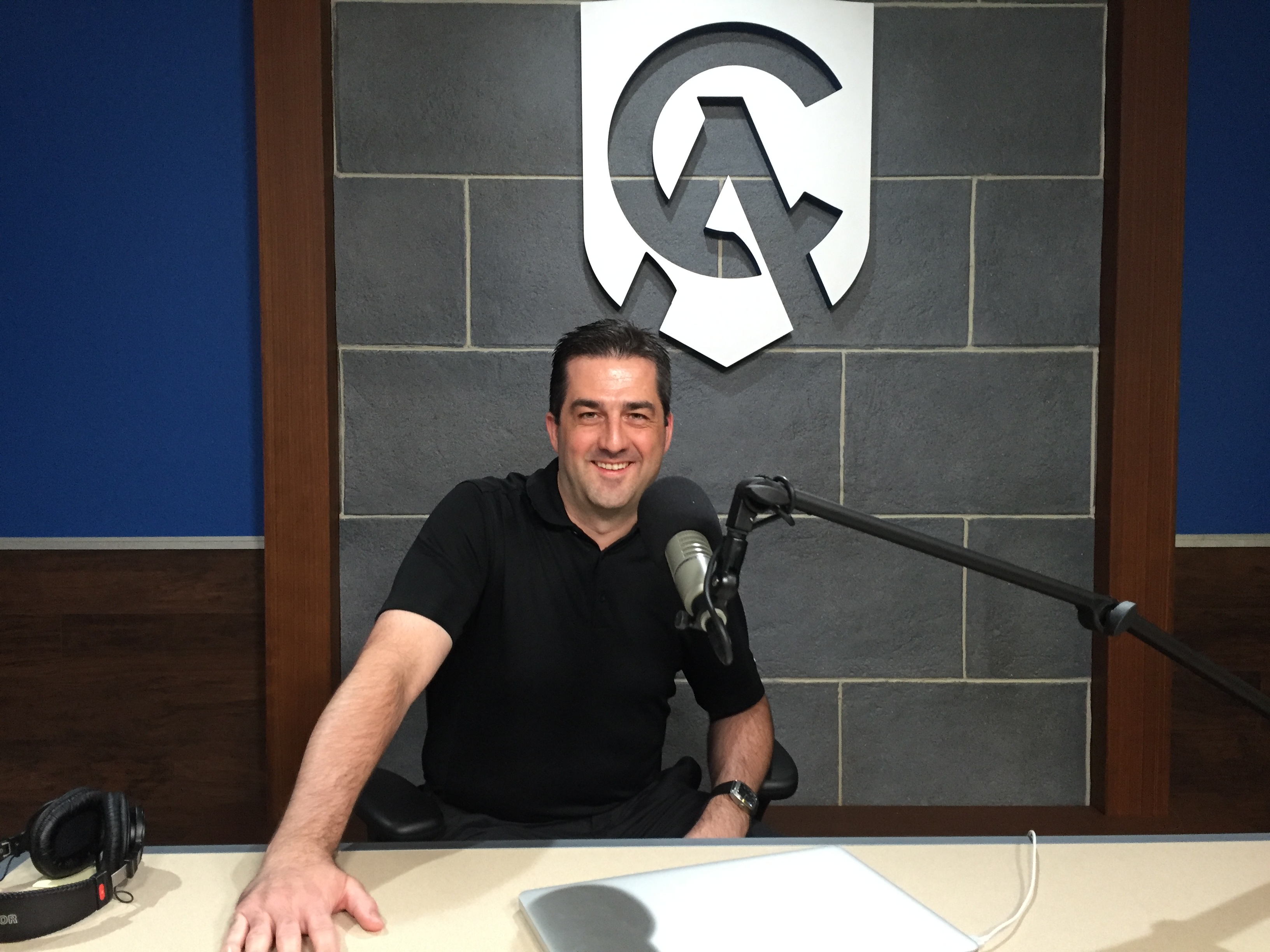Karl Keating, founder of Catholic Answers, unearths a 100-year-old apologetic gem in a recent blog post:
“Some Thoughts on Catholic Apologetics” was published in London in 1915. The author was E. I. Watkin. Born in 1888, he converted (from Anglicanism to Catholicism) in 1908 and died in 1981. He was a long-time friend of historian Christopher Dawson and wrote and translated many books.
Watkin’s critique of the world in which his fellow apologists found themselves could have been written today: “Instead of a Christian civilization, and a political and social fabric essentially bound up with, and resting upon, Christian belief, we find a civilization as pagan as it was in Rome.”
That is how he saw the England of a century ago, as World War I began its inexorable grind. But Watkin was no pessimist: “Yet we need not despair for the future, nor confine our hopes (as many Catholics do, either explicitly or implicitly) to the saving of a small remnant”—counsel against a tendency that is as prevalent in the Church today as it was then. The Church will prevail, even if we may not be around to exult in the victory.
Surveying what the average Englishman had served up to him with breakfast in 1915, Watkin said, “You will scarcely read a single number of The Times or Morning Post without finding some article or letter on matters theological which is simply an outrage to the rationality supposed to be the distinctive attribute of the human species.” Drop out the names of the two London newspapers and put “Internet” and “blogs” in their places, and you have the same situation today. Whatever progress apologetics has made, we have a long way to go.
The challenges facing apologetics in 1915 are remarkably like those facing it in 2015. Is the faith being attacked by the New Atheists? The Old Atheists of a century ago used nearly identical language. The New Atheists seem new only because everyone who knew the Old Atheists has died off. Does religion seem useless in a world of random terrorism and growing political hatreds? It seemed that way to many who found themselves living in trenches in 1915 and the years following.
As Keating points out, the more things change…well, you know the rest. Be sure to check out the whole post for Keating’s incisive diagnosis of what’s needed in today’s apologetics.



